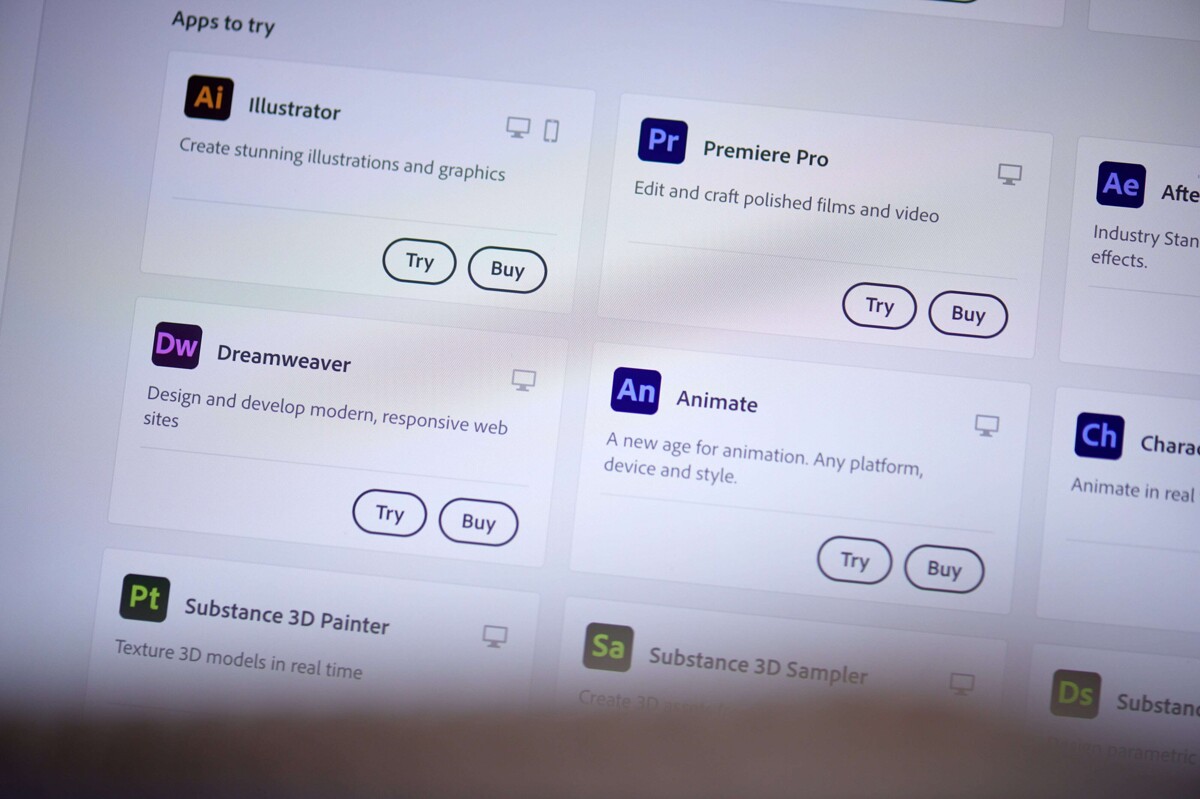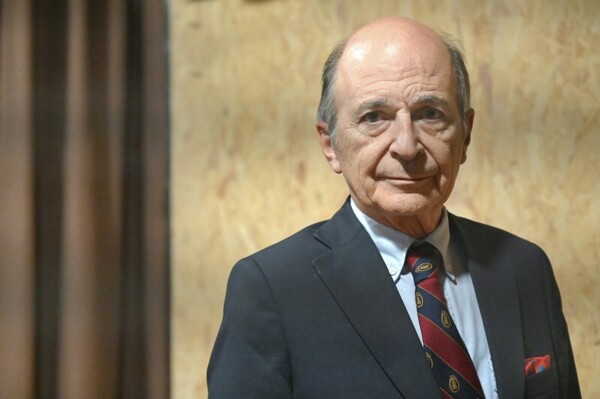
Artificial intelligence has been presented as a tool to assist us. However, cases like that of Adobe suggest that it is being designed to replace us and collect more data in an era where information is powerful. This situation directly affects those starting out in careers like design, music, communication, and technology. We enthusiastically engage by paying subscriptions, uploading our works to platforms, and accepting rules that disguise themselves as 'terms of service,' which implies a massive waiver of our creative rights.
The most recent and alarming case is that of Adobe. What will happen to the symbolic, cultural, and economic value of human creativity? Meanwhile, the owners of these platforms accumulate wealth and power without adequately compensating for the training that our works are providing to their systems, without transparently sharing their algorithms, and without offering real alternatives. What is the consequence? We are inadvertently participating in an experiment that could take away our jobs, our creativity, and our place in the economy.
Millions of human creations, such as images, videos, designs, and texts, some of them legally protected, are potentially exposed to systems that can learn from them and replicate them. To be able to work, we must accept these terms, which in the future could leave us excluded from the labor market. The future in graphic design also seems to be heading in this direction, where platforms like Canva automate functions with artificial intelligence.
Creatives, such as designers, writers, programmers, musicians, filmmakers, and architects, are training their potential replacements by being an active part of a process that leads to their own marginalization. This is a repeating pattern: a platform dominates a sector, turns its products into subscriptions, accumulates millions of human works, adjusts its terms of use, trains models, and launches 'smart' versions that do without the original creator.
This problem is not only technical but also ethical, economic, and social. We are becoming 'inputs' instead of mere users. If we continue to accept without questioning, sign without reading, and use without demanding, we will be celebrating our own replacement. It is essential to demand fair conditions, protect our data and creations, and participate in the public dialogue about whether artificial intelligence will be an ally or our enemy in the future. In the case of Adobe, the company reserves the right to analyze and potentially use any open file with its tools to feed its AI.
Creatives unknowingly contribute to the knowledge that will later be used to do without them. Where is the line drawn between helping progress and falling into the loss of our creative and labor rights? The case of illustrators contracted by Adobe, who need to accept conditions that could violate agreements with their clients when trying to open their own files, exemplifies this issue. The question is not to reject technological advancement but to ensure fair conditions and protect our rights in an increasingly digitized world.














